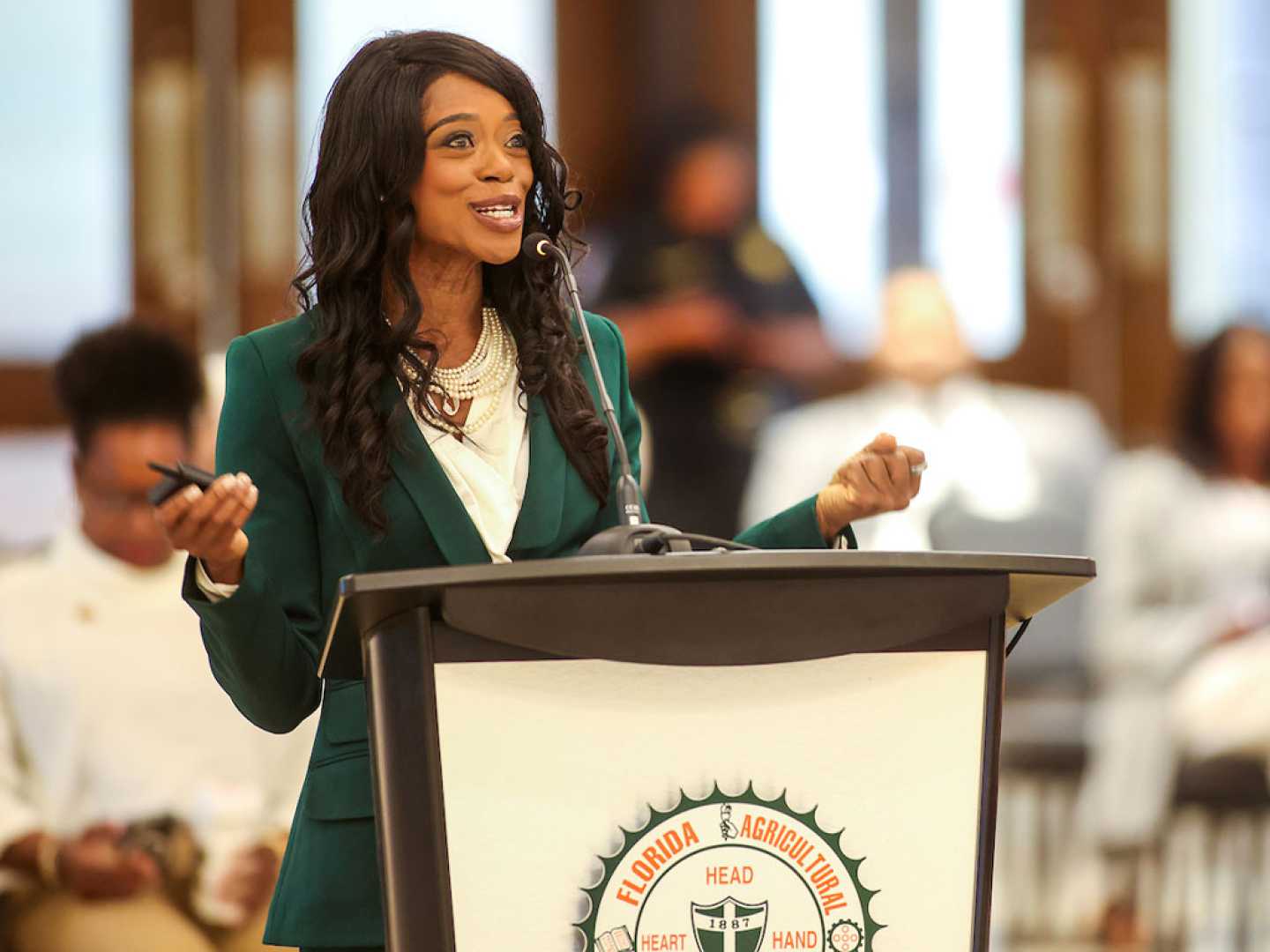Education
Florida A&M University Welcomes Marva Johnson as New President

TALLAHASSEE, Fla. – Florida A&M University (FAMU) has a new president. Marva Johnson was appointed as the 13th president of the university during a meeting of the Florida Board of Governors (BOG) on Wednesday afternoon in Boca Raton.
The decision comes after a contentious selection process that spurred significant backlash from FAMU alumni and students. Many filled the room during the BOG meeting to voice their concerns regarding Johnson’s appointment. Kimberly Godwin, a FAMU alumna, stated, “Today, we do not feel heard. Ms. Johnson did not earn this.”
Critics have labeled Johnson a “lobbyist” and questioned her proposed salary of $650,000, calling it “disrespectful.” Johnson, in her remarks to the crowd, expressed her eagerness to engage with the FAMU community, stating, “I hear your hopes and I hear your dreams and I hear your concerns, and my door will always be open.”
Chair Kristin Harper acknowledged concerns regarding the search process but elected not to elaborate. Former State House Speaker Paul Renner defended Johnson, drawing parallels to John Thrasher, former president of Florida State University, who also faced criticism but was later supported by the community.
Since the FAMU Board of Trustees selected Johnson, many students have expressed opposition. “We wish for transparency,” said one student, emphasizing the desire for a different leader. Senior Xavier Woodley also expressed skepticism about the decision, questioning the university’s commitment to student-driven leadership.
In a separate development, a group of students and alumni have filed a lawsuit against the FAMU Board of Trustees and BOG, claiming Johnson’s selection violated state constitutional standards. The lawsuit requested judicial intervention prior to the BOG vote.
Johnson’s contract, approved by eight trustees, includes additional bonuses and benefits. Her official start date is set for August 1.
This confirmation highlights ongoing tensions within the FAMU community as the institution seeks to navigate its future leadership amid strong opinions and deep-seated concerns.












